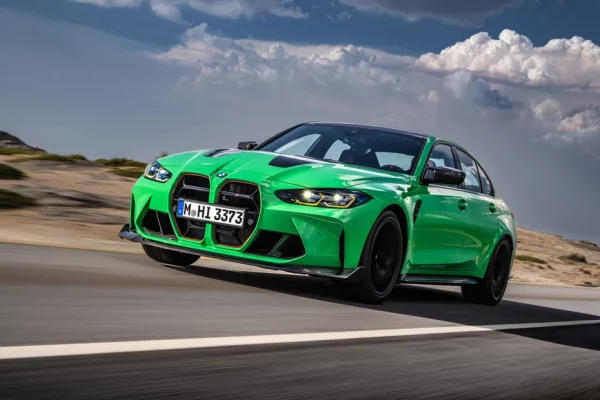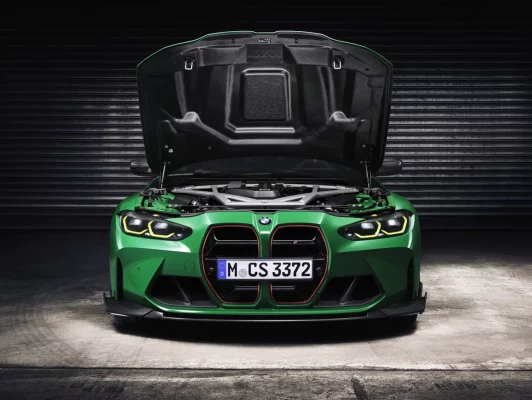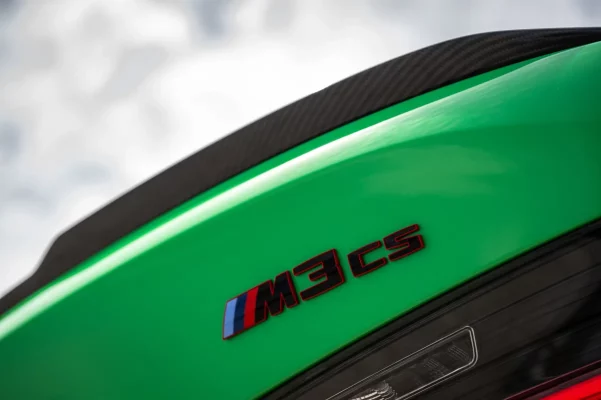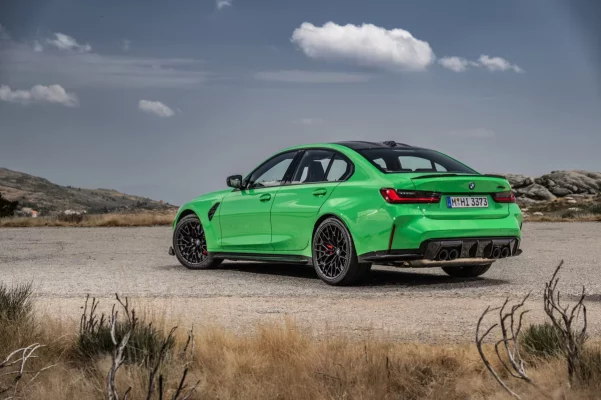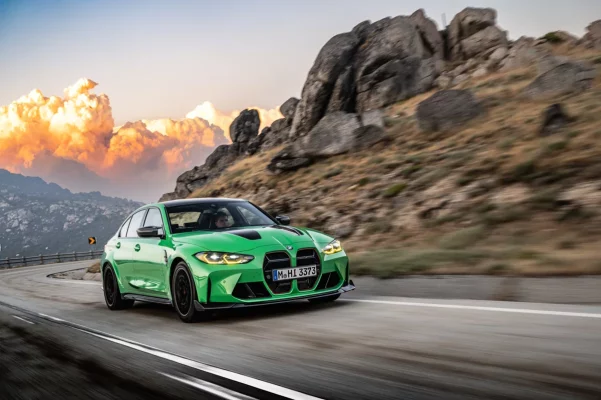Under the principle of zero carbon emissions advocated by the EU government, many large-displacement cars and EU large-power cars that focus on performance can only leave the market or replace the power unit. However, as more and more car manufacturers express the the difficulty in cooperating with the seventh phase of regulations also forced the authorities to relax slightly and temporarily postpone implementation.
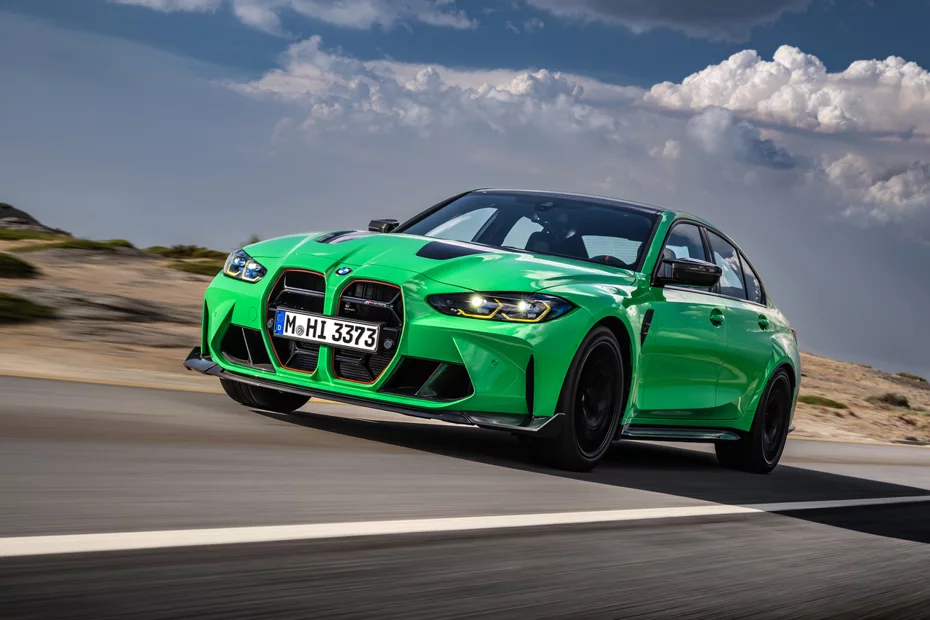
The delay in the schedule not only allows many car manufacturers to find pure electric power alternatives, but also allows the power units of some models to last for a period of time. BMW’s classic performance car BMW M3 CS is an example. According to BMW Blog, a foreign website with many accurate information, in the future, in addition to the pure electric power model, the new M3 will also be launched with a new fuel engine model, so that performance car fans can continue to have the roar of the engine.
Advertisement
The news pointed out that the new BMW M3 CS ‘s fuel engine will still use the currently used S58 3.0L inline six-cylinder engine, because this power unit can still pass future exhaust emission regulations. The maximum horsepower is expected to exceed 500hp, but it will no longer be equipped with a manual transmission gearbox. However, the two M3s with different powers will not be built on the same chassis platform, and the two-door brother M4 will not provide fuel power together. Therefore, only the four-door M3 in the future can continue to maintain the familiar engine sound.
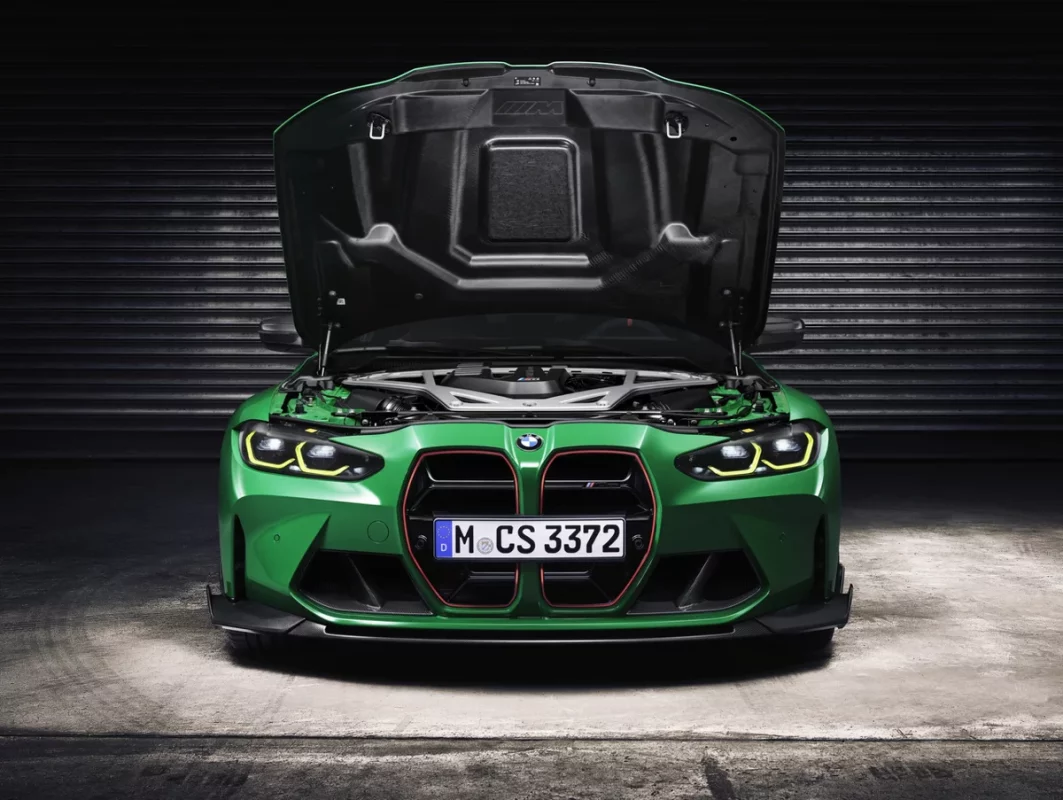
A few months ago, BMW revealed the existence of M models powered by four electric motors. It is believed to be the system that will be equipped on the future M3/M4. However, with the relaxation of EU regulations, the launch time of this system has become uncertain. On the other hand, the loosening of regulations will allow more time for the research and development of synthetic fuels, which will further reduce the pressure on car manufacturers to use fuel power in the future, and will also allow high-performance vehicles equipped with traditional engines to survive at least until 2030.

